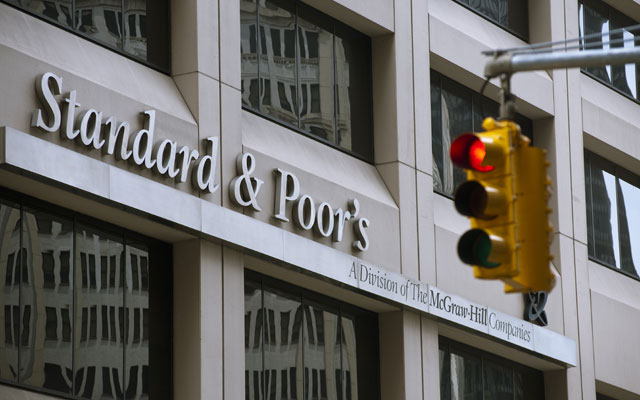Why Conservatives and the Business Lobby Can’t Just Get Along
Geoffrey Lysaught /
Even before Democrat Terry McAuliffe narrowly defeated Republican Ken Cuccinelli in the Virginia governor’s race, lobbyists representing the business community were rethinking their relationship with the GOP and planning to challenge conservative incumbents in next year’s primaries.
Their goal: to replace principled conservatives with candidates who will be more protective of Big Business interests. As U.S. Chamber of Commerce President Tom Donohue put it, his group will get involved in primary races to produce a “more governable Republican party.”
Which is why the National Republican Senatorial Committee, which says it’s strictly in “the wins business,” is threatening more electoral intervention. “There’s no rules,” NRSC executive director Rob Collins said. “The path to getting a general election candidate who can win is the only thing we care about.”
This shift will certainly surprise those who naively believed that the grassroots Tea Party movement was a creation of big business. But “Tea Party as Wall Street front group” has been a popular belief among the left for years.
When the Tea Party first emerged in 2009, the phenomenon so dumbfounded liberals that the only explanation they could fathom was conspiratorial — these groups must have been bought and paid for by evil capitalists. “It’s not really a grassroots movement,” proclaimed then Speaker of the House Nancy Pelosi. “It’s Astroturf by some of the wealthiest people in America to keep the focus on tax cuts for the rich instead of for the great middle class.”
In the real world, however, entrenched corporate elites have always viewed conservatives with some trepidation. Now their lobbyists are readying for war against those who promote principles like limited government, free enterprise, and individual liberty. And liberals are cheering them on.
This potential bootleggers-and-Baptists alliance could be a powerful combination — one that could render our economy even more sclerotic, weakening innovation, job creation, and living standards. And for what? Anemic long-term GDP growth, predictable earnings targets, and business as usual in Washington.
America is already at risk of falling behind as an innovator and job creator not because of conservative policy ideas or Tea Party activists but because of the increased influence of those businesses who lobby Congress to consolidate their entrenched position at the expense of free market competition.
Lobbying is a constitutionally protected activity. All Americans have the right to seek redress. However, to balance the outsized influence of those corporate interests who seek to preserve their market position in the halls of Congress, we also need citizens making the case for the common good, the kind of Internet-enabled direct democracy that the Tea Party represents.
To get America back on the path of sustained and robust economic growth, we must break the stranglehold of entrenched corporate interests on Washington policy making. That’s something many conservatives and Tea Party members would like to see, and the way to get there is by returning to free markets based on product competition, innovation, and price.
The American economy will flourish in an environment that encourages free enterprise, entrepreneurship, and market-based competition. All businesses, including those with outsized influence in Washington, should rally behind conservative policy ideas to restore robust, free- market competition. This will not only enrich America but, over the long-term, maximize shareholder value for those who do the best job meeting the needs of real customers in real markets.
Conservatives are ready to double down in their war against out-of-control-government spending and corporate welfare. All Americans — including those in business — should join the battle. A GOP “more governable” by special interests is not a vision of a great future; it’s the beginning of the end.
Originally published by RealClearPolitics.

